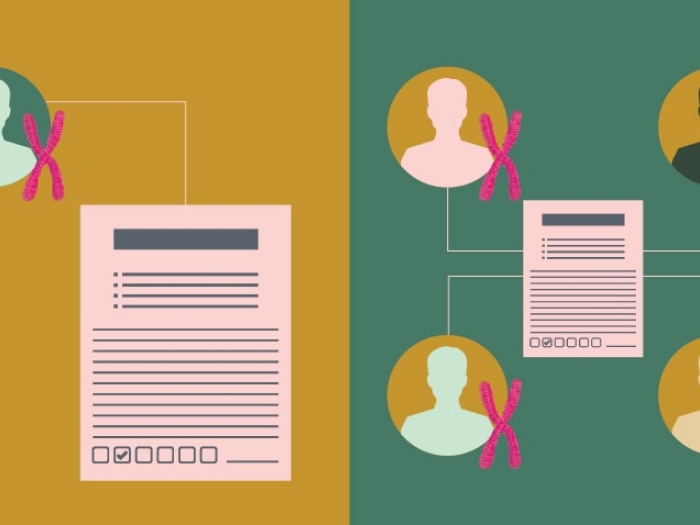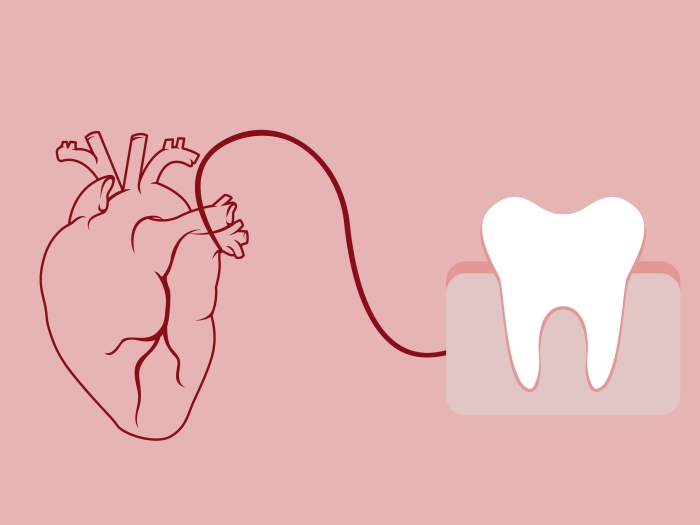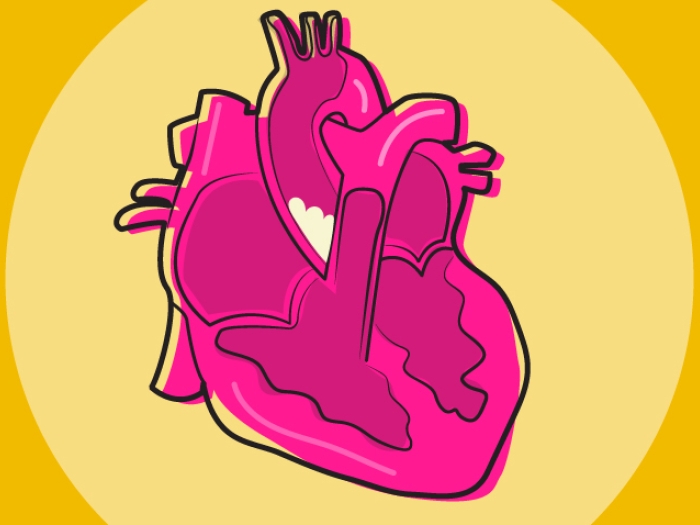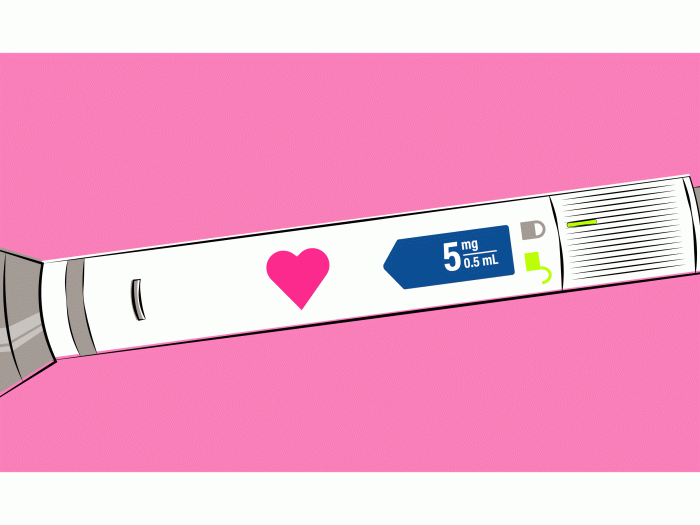A U-M nurse practitioner explains what happens to your heart on holiday cocktails — and how to celebrate responsibly.
7:00 AM
Author |

You're at a party enjoying a few New Year's Eve cocktails when you suddenly feel lightheaded and need to sit down.
MORE FROM MICHIGAN: Subscribe to our weekly newsletter
"This is just one of the effects of alcohol on your heart and vascular system," says Cheryl Bord, a University of Michigan nurse practitioner specializing in women's heart health.
"In addition to being a depressant, alcohol dilates the blood vessels," Bord says. "So if you're standing at a party or social setting, blood will pool in the vessels in your feet instead of being pumped back to the heart."
The result can be feelings of lightheadedness, nausea and overheating (known as presyncope), which are exacerbated by alcohol. Bord recommends minimizing alcohol intake and moving around to encourage blood flow to the heart, reducing the chances of passing out.
Other reasons to pace yourself
Studies show that alcohol — and particularly the binge drinking associated with holiday celebrations — can lead to electrical conduction issues in the heart, a type of arrhythmia known as atrial fibrillation.
SEE ALSO: 5 Tips for a Healthier Holiday Party
"Consuming large amounts of alcohol can dramatically increase a person's heart rate, making it feel like the heart is racing or fluttering," Bord says. "This is a serious rhythm abnormality of the heart and should be treated immediately by a medical professional, who will provide medication to help slow the heart down."
If you drink, the American Heart Association advises you to do so in moderation, defined as an average of one to two drinks per day for men and one drink per day for women.
According to the AHA, one drink is:
-
12 ounces of beer
-
4 ounces of wine
-
1.5 ounces of 80-proof spirits
-
1 ounce of 100-proof spirits
The bottom line? Your heart will enjoy your celebration more if you consume fewer cocktails. It's just one of the many reasons to imbibe responsibly this holiday season.

Explore a variety of healthcare news & stories by visiting the Health Lab home page for more articles.

Department of Communication at Michigan Medicine
Want top health & research news weekly? Sign up for Health Lab’s newsletters today!





